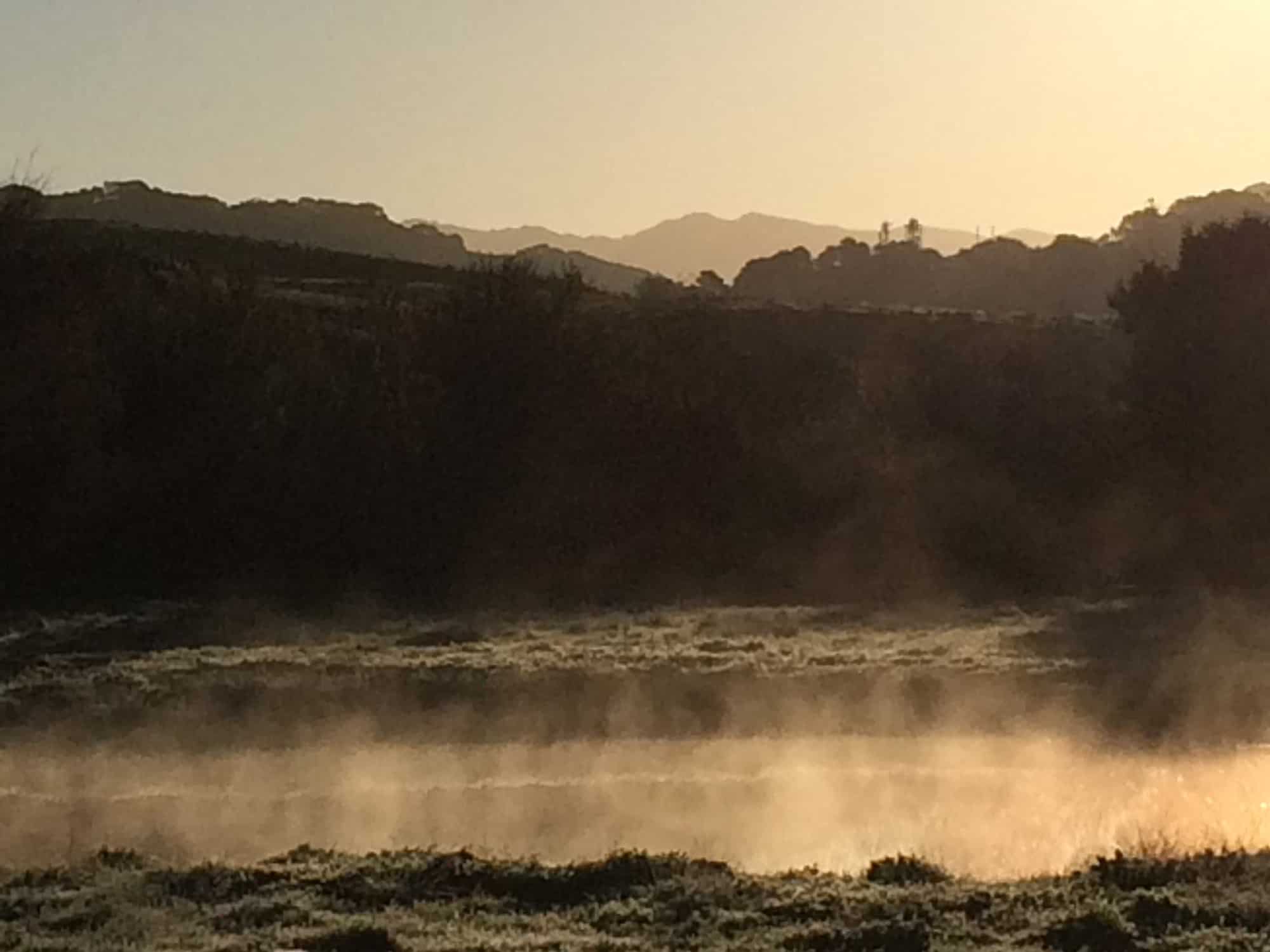
By Valerie King
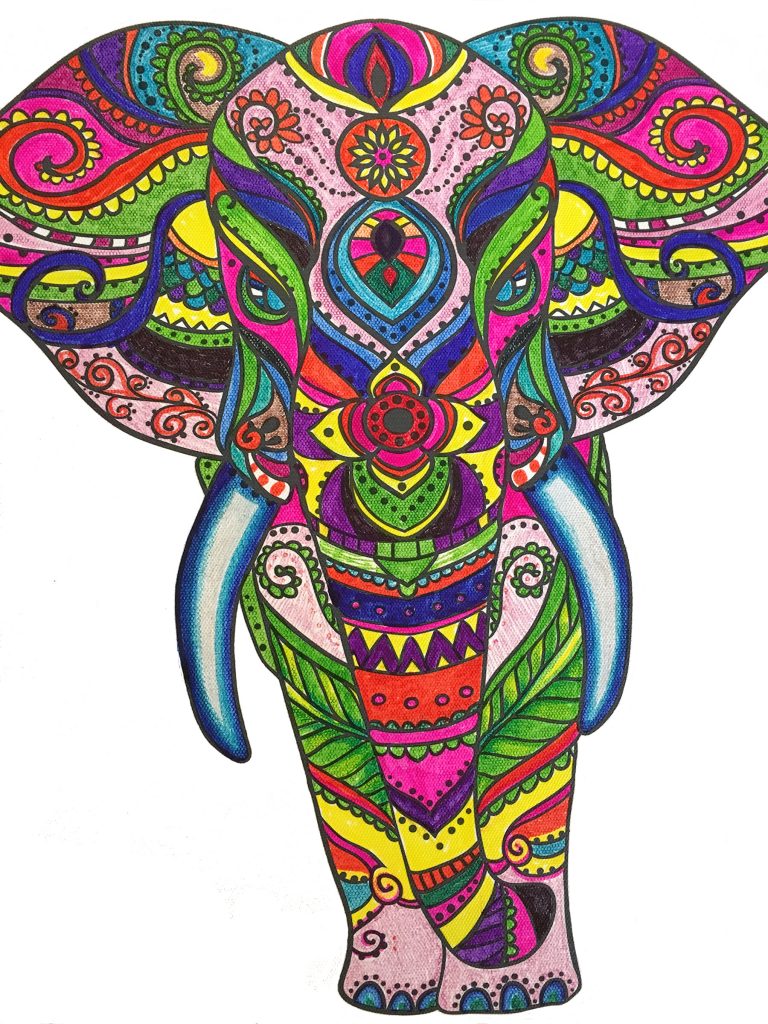 Amidst the lush green landscape of Sunburst Sanctuary in late February, about fourteen people gathered for a silent retreat weekend. The elephant image shown is one of the group mandalas that participants enjoyed co-creating together. We also practiced walking and sitting meditations, listening to singing bowls, a grounding yoga session, and mindful eating, There was plenty of free time for rest and solitude
Amidst the lush green landscape of Sunburst Sanctuary in late February, about fourteen people gathered for a silent retreat weekend. The elephant image shown is one of the group mandalas that participants enjoyed co-creating together. We also practiced walking and sitting meditations, listening to singing bowls, a grounding yoga session, and mindful eating, There was plenty of free time for rest and solitude
Everyone learned to carefully listen to and be ever so grateful for the sounds of life which are always all around, like the crunching of our footsteps, the singing creek, the croaking frogs, or simply our rhythmic breath. Silence in a group was powerful and soul-nourishing, transforming participants and facilitators alike with deep peace and strength to move forward in life.
What a necessity this kind of experience is, especially in these times on our planet. We hope many more people will be able to experience this healing retreat in times to come!
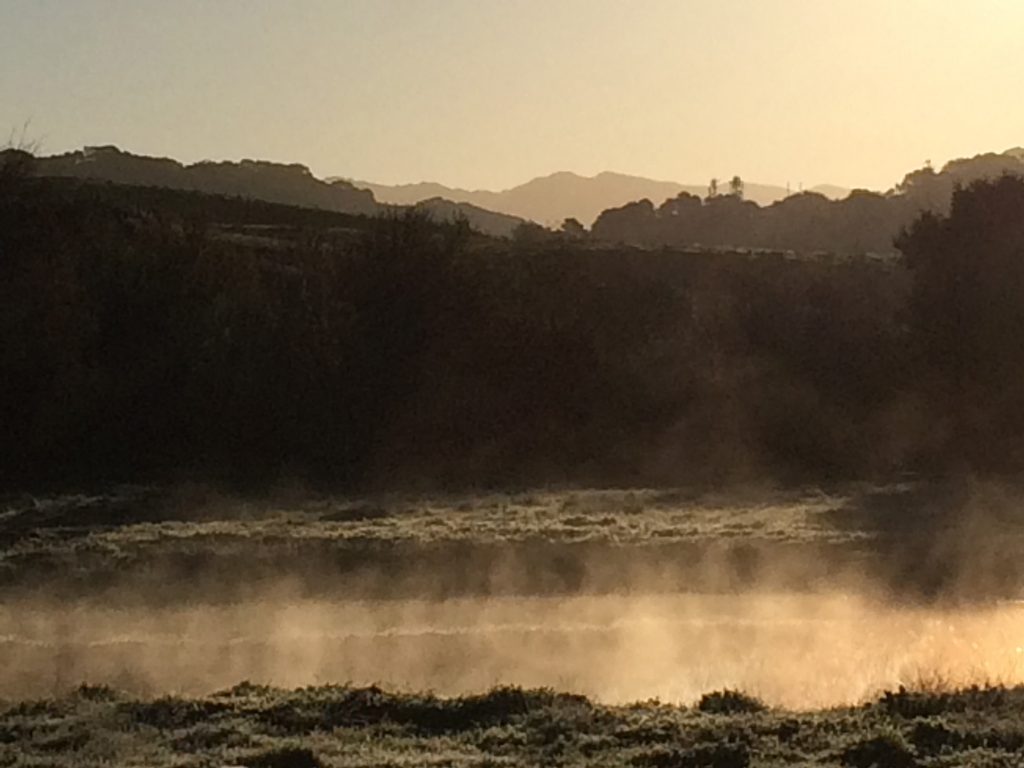
The Silent Retreat inspired me to write this poem.
Like a fish who longs for the waters,
As soon as I step into silence
Your Presence
Is so tangible.
Roaring around and through me…thick Air,
Thick with Spirit Divine.
You are always here,
Permeating every particle of my being,
Enfolding me in the Matrix of your Being,
Silence brings it to the fore
Sweet yet utterly powerful Om.
To be still is to Awaken.
Participants commented:
This is my new favorite retreat and one that will feel new and different each time I do it since the silence takes me on a unique journey.
– Michelle
I loved this opportunity for intentional silence. To be around other positive, intentioned energy without having to fill the space with narrative; to be able to work on creating more space within myself while not feeling secluded or alone—what a magical concept!
– Breana
The retreat was well conceived and planned; wonderful activities and the freedom to engage or not.
– Laura
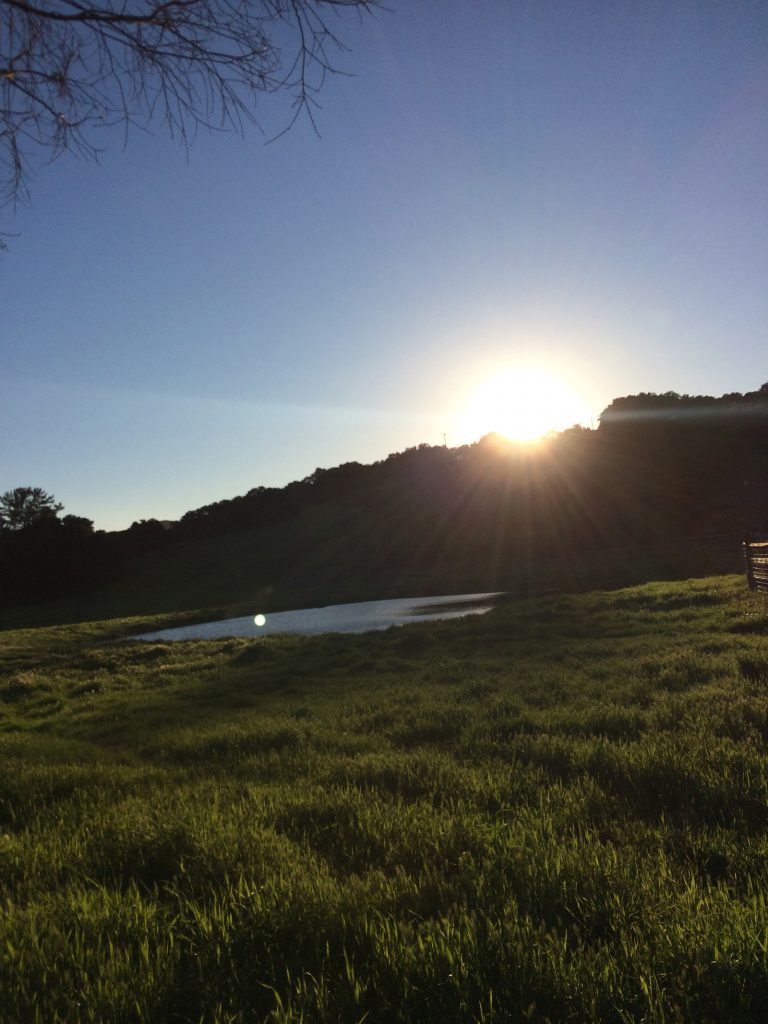
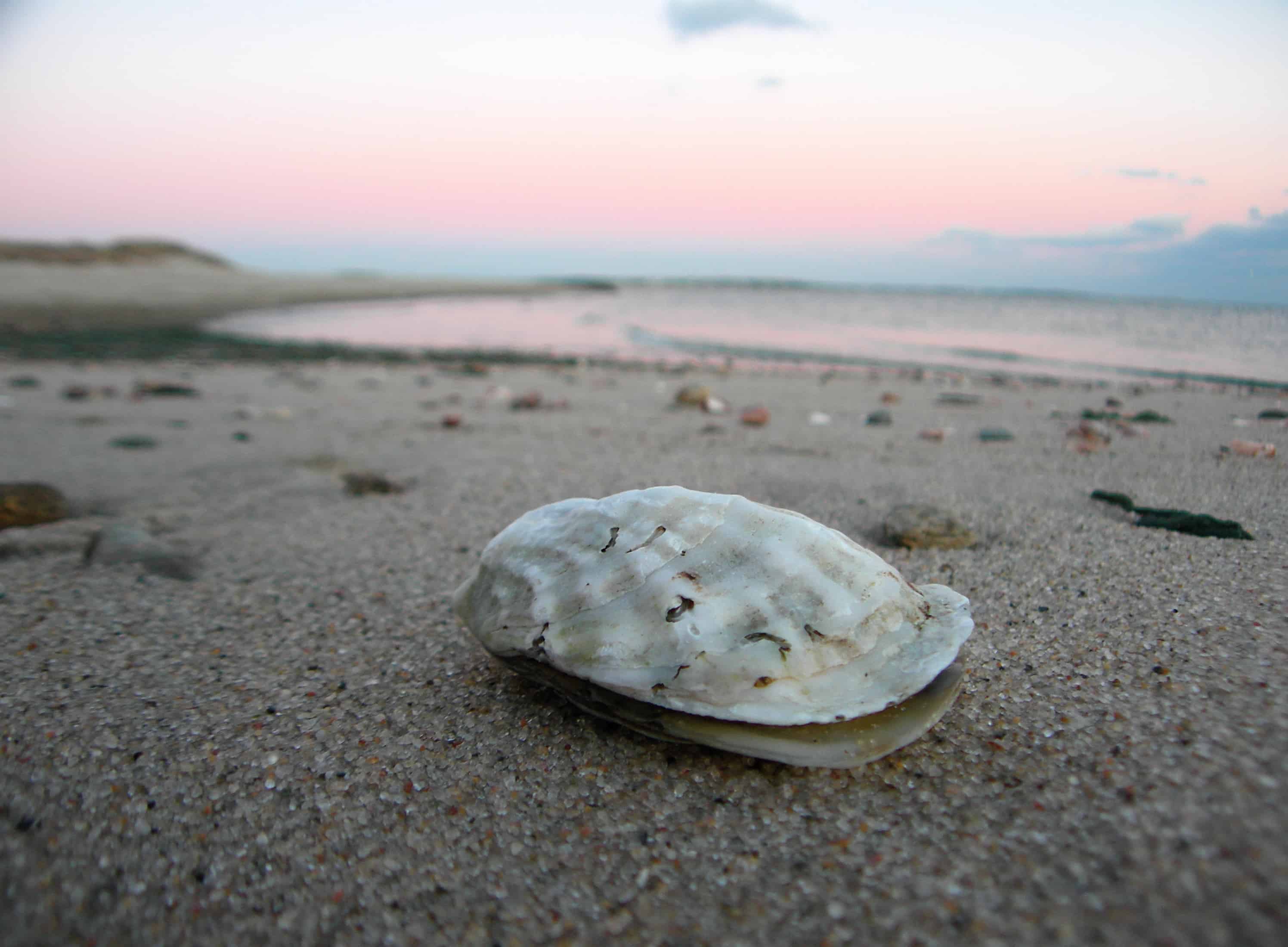
By Craig Hanson
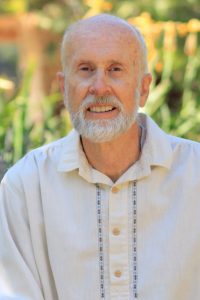 To renounce the ego is a little different than what we may think of as renunciation. The Upanishads say that letting go of ego is not a renunciation of life; it’s a renunciation of all those things that make us unhappy—anger, selfishness, and desires for things or people, desires for money, for relationships, or to be recognized.
To renounce the ego is a little different than what we may think of as renunciation. The Upanishads say that letting go of ego is not a renunciation of life; it’s a renunciation of all those things that make us unhappy—anger, selfishness, and desires for things or people, desires for money, for relationships, or to be recognized.
What is ego? I think of it as being like a grain of sand in an oyster. The grain of sand is irritating. It causes development of layers and layers of belief systems and sense impressions around it, eventually becoming a sphere of what we identify with. The ego builds up this whole concept of what we think we are.
I find when I’m working during the day, if I’m not staying centered on the work at hand. I’m thinking about results—thinking, “I want to get this job finished, so I can go on to something else.” This is ego talking. Or, when I get done, if I keep looking back and thinking, “Oh, that’s a great job. I hope someone notices my beautiful work.” That’s the ego talking. 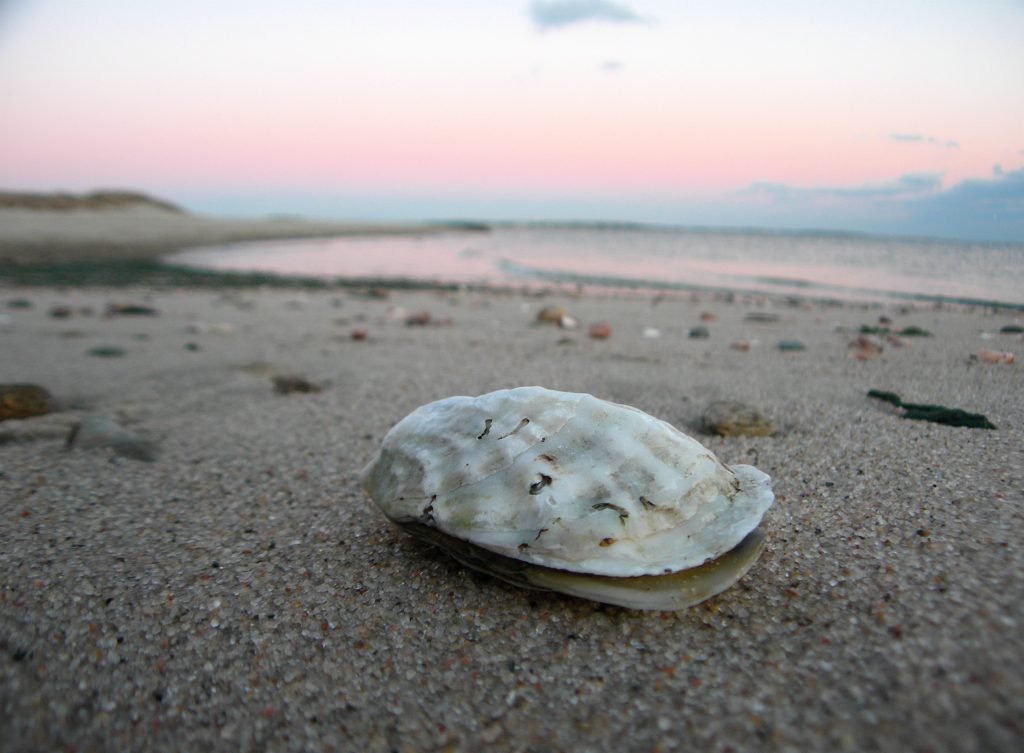
The ego is a slippery little guy. It has all this inner dialogue. It can look at a person and all of a sudden form a judgement: “Well, that’s probably somebody I wouldn’t want to know.” Ego creates a whole culture of stereotypes that we’re familiar with. if we watch the news, we’re constantly confronted with it.
The ego has created what we see in movies, and in our daily lives. But, we can look at our lives and ask ourselves how we’ve really enjoyed life over the years. What experiences have we found most enjoyable? Looking back upon my life, I see the most joyful times are when I’m giving a present, or making a gift for somebody. I’m not thinking about how much I’m going to receive for this; I’m just giving it. I’m not thinking, “If they don’t like it, then I can always get it back and resell it on e-bay.” My ego has had those ideas, but I had to say to myself, “Let go of that thought, and bring it back to center.”
Each of us is exploring our inner world and learning to use our God-given abilities to bring heaven on this earth. Whatever talents or gifts we have, let us remember to give those gifts unselfishly, for the enjoyment of others and the inspiration that we might give to others. This is our true enjoyment.
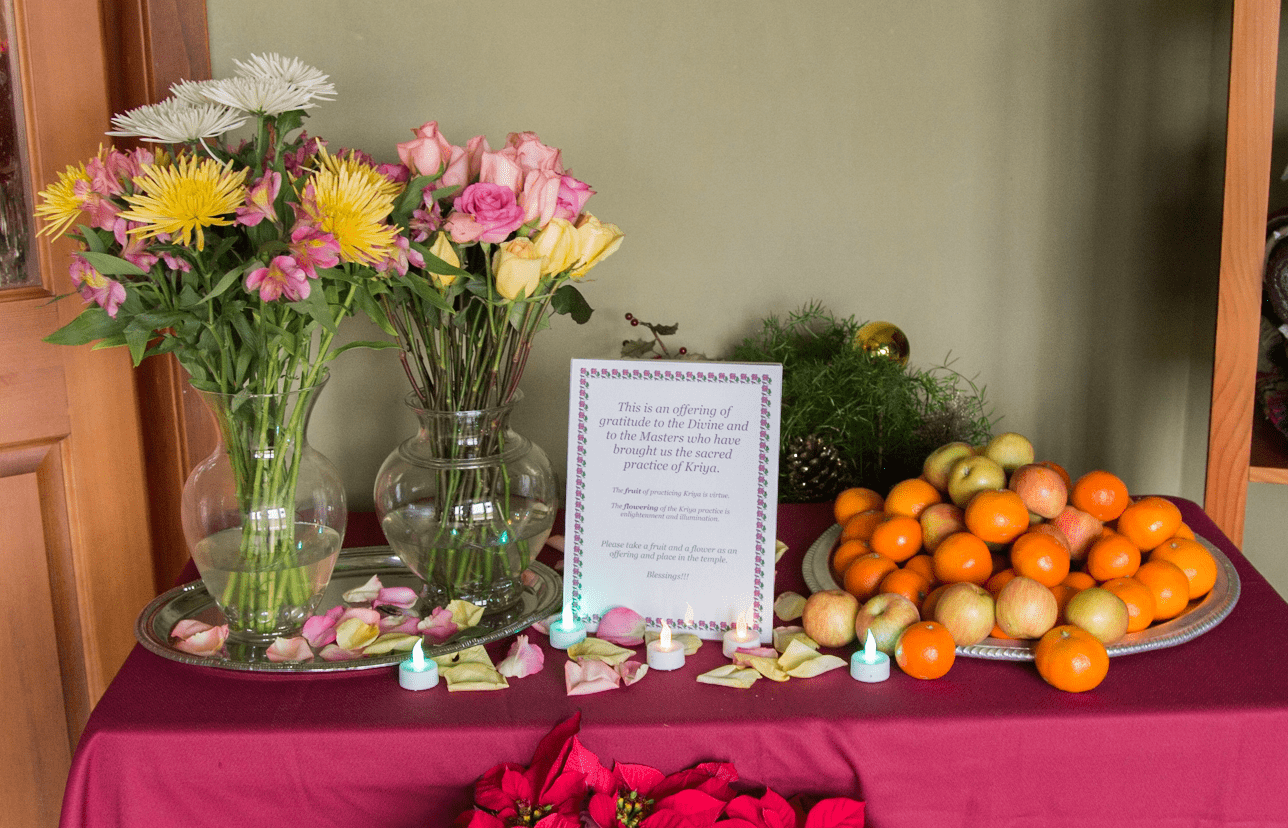
By Ischa Beharry
The first evening approached with participant’s rapt anticipation. A sumptuous light dinner, a social circle and welcoming of guests was to follow, culminating in gentle, relaxation yoga. Sunburst’s beautiful lodge was exquisitely decorated for the holidays with soothing warmth radiating from its native stone fireplace. The stage was set; ending 2016 and 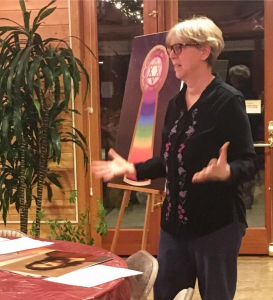 ushering in 2017 would be the full script. The Light and Renewal Kriya Retreat was about to begin!
ushering in 2017 would be the full script. The Light and Renewal Kriya Retreat was about to begin!
After Emily led us in warm introductions, Valerie shared some highlights from the history of Sunburst, starting starting with a little boy’s childhood visions, his years in Paramahansa Yogananda’s ashram at Mt. Washington (Self-Realization Fellowship headquarters, Los Angeles, CA). Years would pass before countless young souls sought Norman Paulsen, to learn about his experience of God, and how they might also know God. Yogananda’s request to Norm became reality in the birth of Sunburst. Valerie also introduced Sunburst’s eightfold path and twelve virtues.
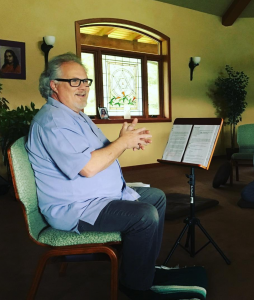 Friday was a day of silence and deep contemplation, a class on Hong Sau technique, yoga, amazing meals and meditations. Saturday was a memorably soul-nourishing experience as everyone gathered for the Kriya Initiation ceremony at Sunburst’s temple. Fresh flowers, fruits, and soul-stirring song set an energetic framework for the sacred Kriya initiation.
Friday was a day of silence and deep contemplation, a class on Hong Sau technique, yoga, amazing meals and meditations. Saturday was a memorably soul-nourishing experience as everyone gathered for the Kriya Initiation ceremony at Sunburst’s temple. Fresh flowers, fruits, and soul-stirring song set an energetic framework for the sacred Kriya initiation.
One can attend dozens of these initiations, yet feel renewed each time at all levels of one’s being. The final highlight of the day was a sacred seed ceremony at the huge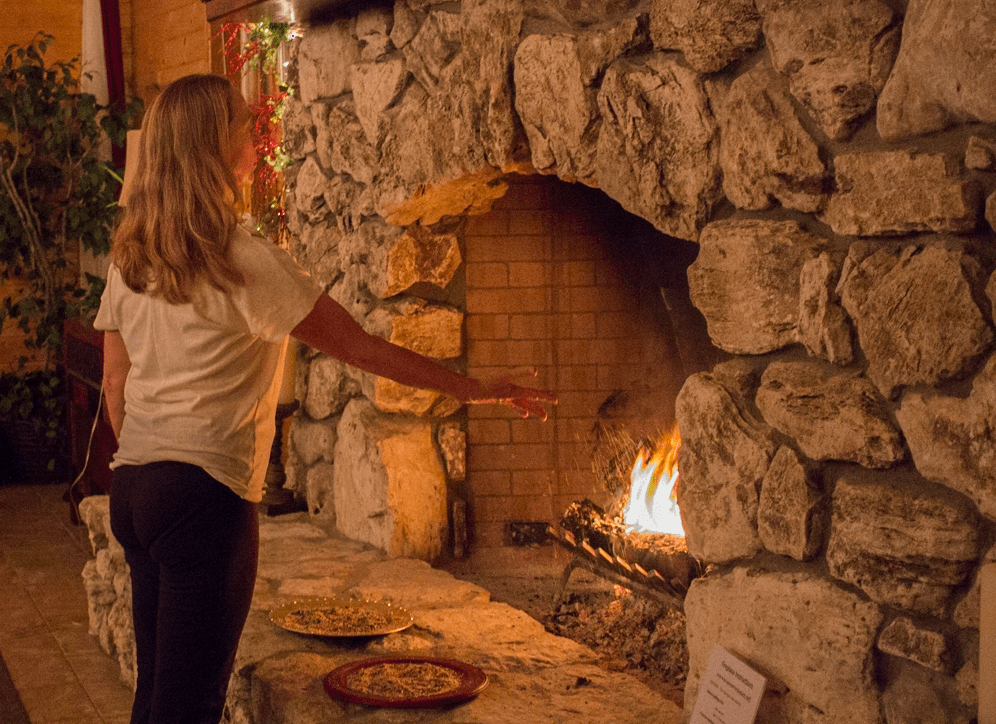
lodge fireplace. Gone would be the karmic baggage of 2016, offered into the fire for transmutation! And into the ethers were sown the seeds of individual intentions for 2017—an experience of joy, peace and fulfillment.
But wait, the party part of the evening was about to begin! A sparkling apple cider bar provided drinks for toasting “Happy New Year!” Those who chose to stay past midnight were served Ischa’s secret
recipe chai. What fun it was to stand in a gratitude circle and usher in the New Year, and to send into the ethers planet-wide blessings. January first 2017 dawned to the offering of a light breakfast, Energization Exercises, and an inspiring Sunday service. Time to visit over a generous Sunburst brunch followed, ending a perfect weekend, a perfect retreat, a special treat!
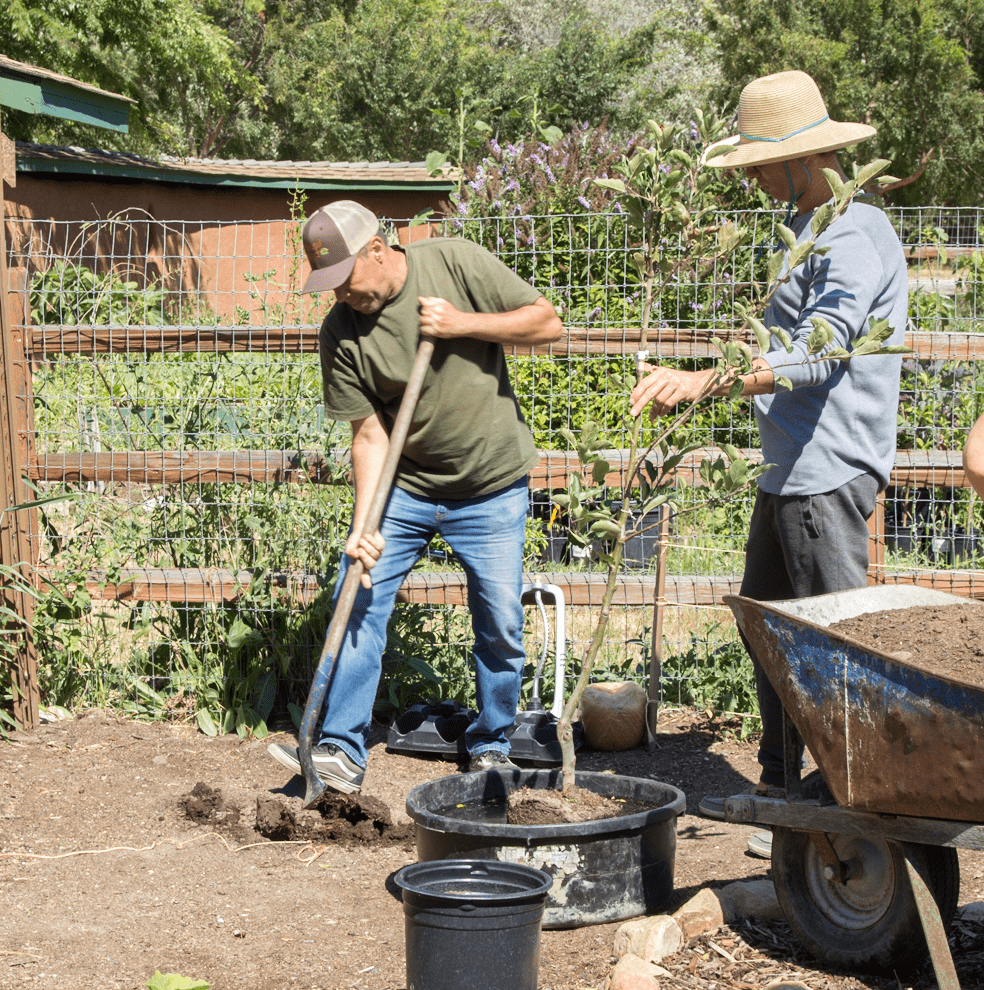
By Sean Fennell
At Sunburst I employ the principles of Permaculture to observe how I live daily, how I connect with the wisdom of the Earth, with myself and with others. This is the outward journey, having been sculpted inwardly through my practice of the twelve virtues and the eight-fold path of conscious living.
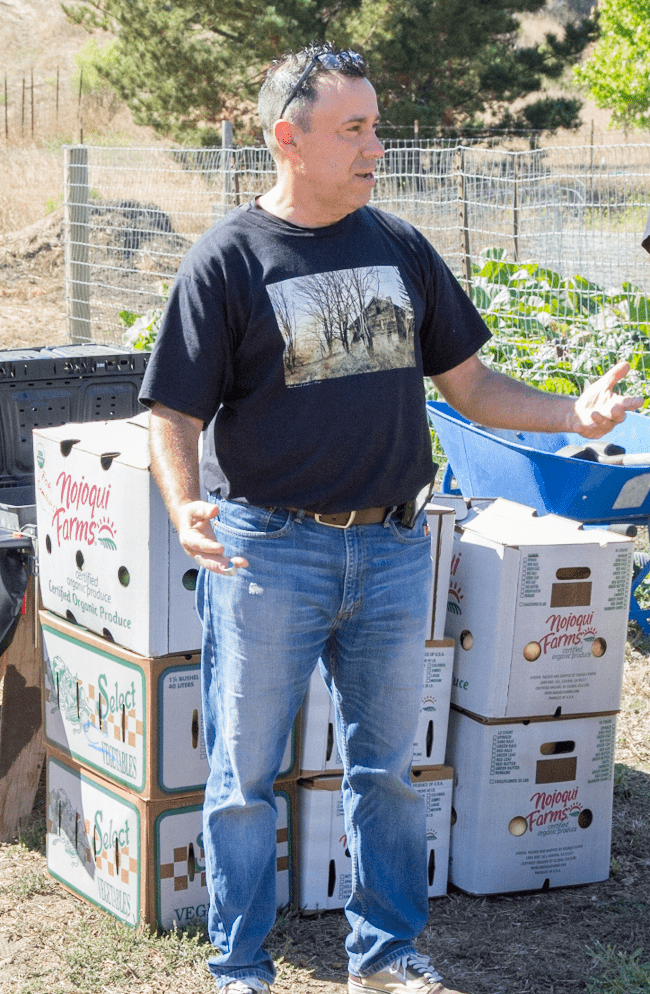 This practice supports a continual path of transformation and growth in my everyday life. It helps me approach ordinary activities in extraordinary ways.
This practice supports a continual path of transformation and growth in my everyday life. It helps me approach ordinary activities in extraordinary ways.
Where Spirit, Nature and people meet in oneness in activity, as well as in non-activity, is that place where I find my center. Permaculture is the marriage of the spiritual with the natural and social and is, therefore, one of the highest expressions of spiritual practice.
Permaculture begins with the individual, and is contingent upon one’s thoughts, ethics and beliefs. This, in turn, is what one can fully utilize in creating a sustainable way of life, starting from the inside out.
By employing the benefits of meditation, deep self-reflection, time spent in nature and group interactions, one’s creative expression and endeavor can translate into a life that’s fun, rewarding and sustainable for oneself, for others, and the Earth!
“If it’s not fun, it’s not sustainable” is the Permaculture mantra.

Sean demonstrating the permaculture method of planting trees.
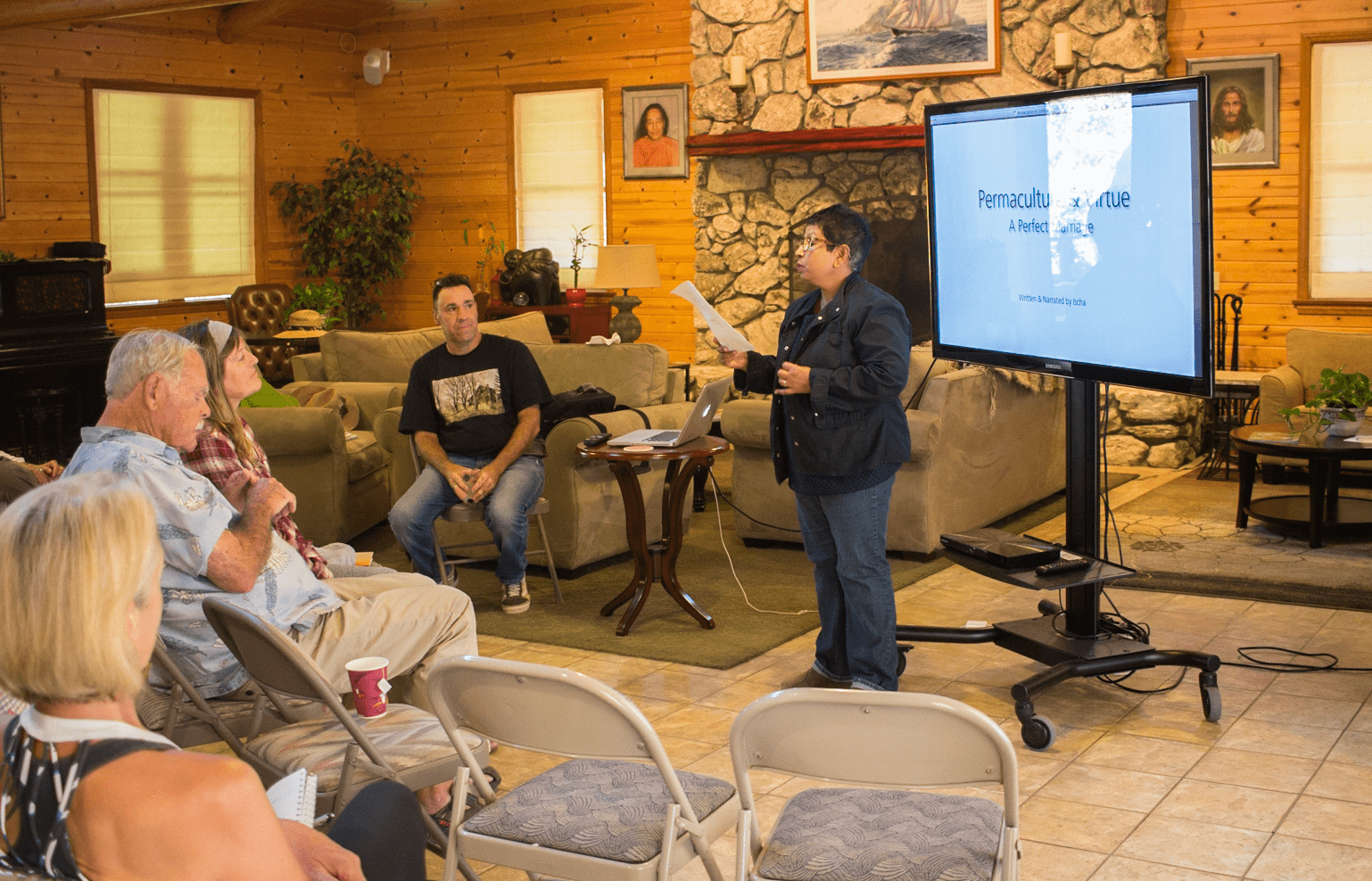
By Ischa Lea
The backbone of our spiritual practice at Sunburst is the application of the Twelve Virtues in our lives: Charity, Faith, Loyalty, Patience, Honesty, Perseverance, Temperance, Humility, Courage, Equanimity, Continence, and Compassion. This makes for balance, peace, and inner joy — the barometer of all spiritual success. Likewise, the application of these virtues with the Twelve Principles of Permaculture and Permaculture Ethics ensures success in our outward endeavors at Sunburst.
A successful Permaculture project is contingent upon the application of Spiritual Principles, whether we use such terminology or not.
Charity resonates with the Permaculture Ethics of Fair Share and People Care.
Faith and belief in our endeavor creates the motivation for success.
Loyalty among participants ensures steady commitment.
Patience is critical, for even the best designs and objectives in Permaculture are still subject to extremes in environmental conditions.
Honesty is important — As in spiritual practice, we must walk our talk.
Perseverance in meditation and living in virtue ensures spiritual advancement; likewise, perseverance in Permaculture and living in integrity ensures generational rewards.
Temperance in spiritual practice ensures balance; in Permaculture balance ensures that no strand in the Web is broken or weakened.
Humility in spiritual practice ensures that we’re not acting from our lower ego selves; likewise, humility in Permaculture ensures that we are open to suggestions, respectful of other’s opinions, and are able to “hold hands with each other” and work together toward our common goal.
Courage is critical: Spiritual advancement requires courage, patience and perseverance. Likewise, Permaculture cannot survive as a practice without courage, patience and perseverance.
Equanimity in spiritual practice means overlooking obstacles and maintaining even-mindedness in our goal to achieve enlightenment. In Permaculture we are faced with doing the same in order to maintain symbiotic relationships that ensure successful outcomes.
Continence, the practice of self-control, ensures the conservation of vital energies necessary for higher meditational practices. Likewise, self-control is necessary in Permaculture — it ensures that our goals and visions do not exceed our physical capabilities.
Compassion may sound simple; yet, in spiritual practice our ego selves can often propel us into being critical and judgmental rather than compassionate and understanding. Likewise, in Permaculture, without a loving and compassionate relationship with the Earth and each other as we work toward a common goal, there can be no successful rewards.
In the end, Permaculture at Sunburst is Spiritual Practice!
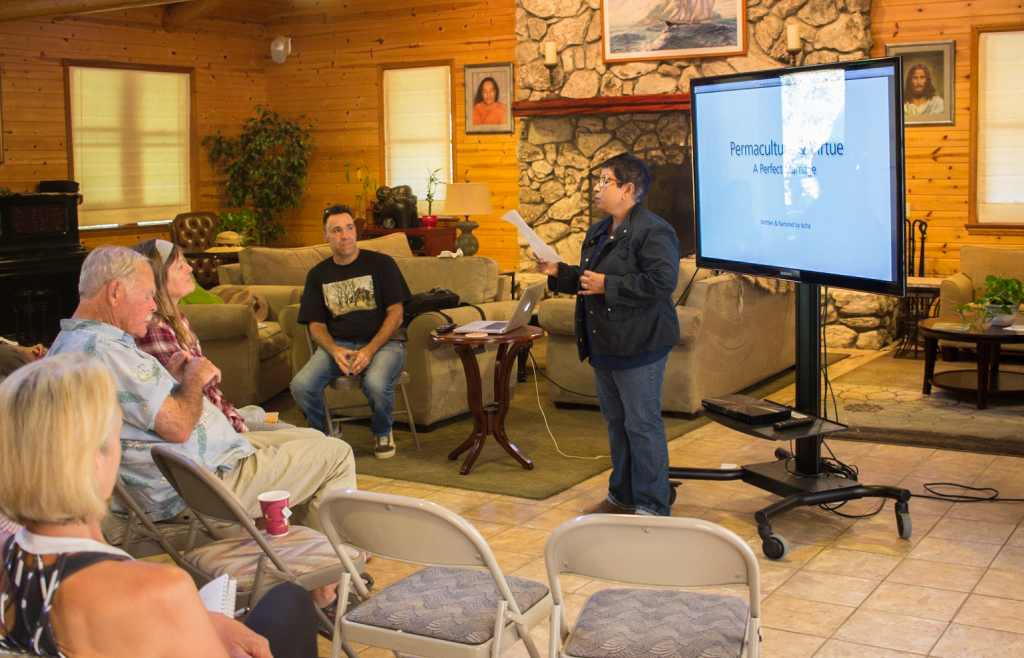
Ischa during Sunburst’s “Permaculture As Spiritual Practice” workshop
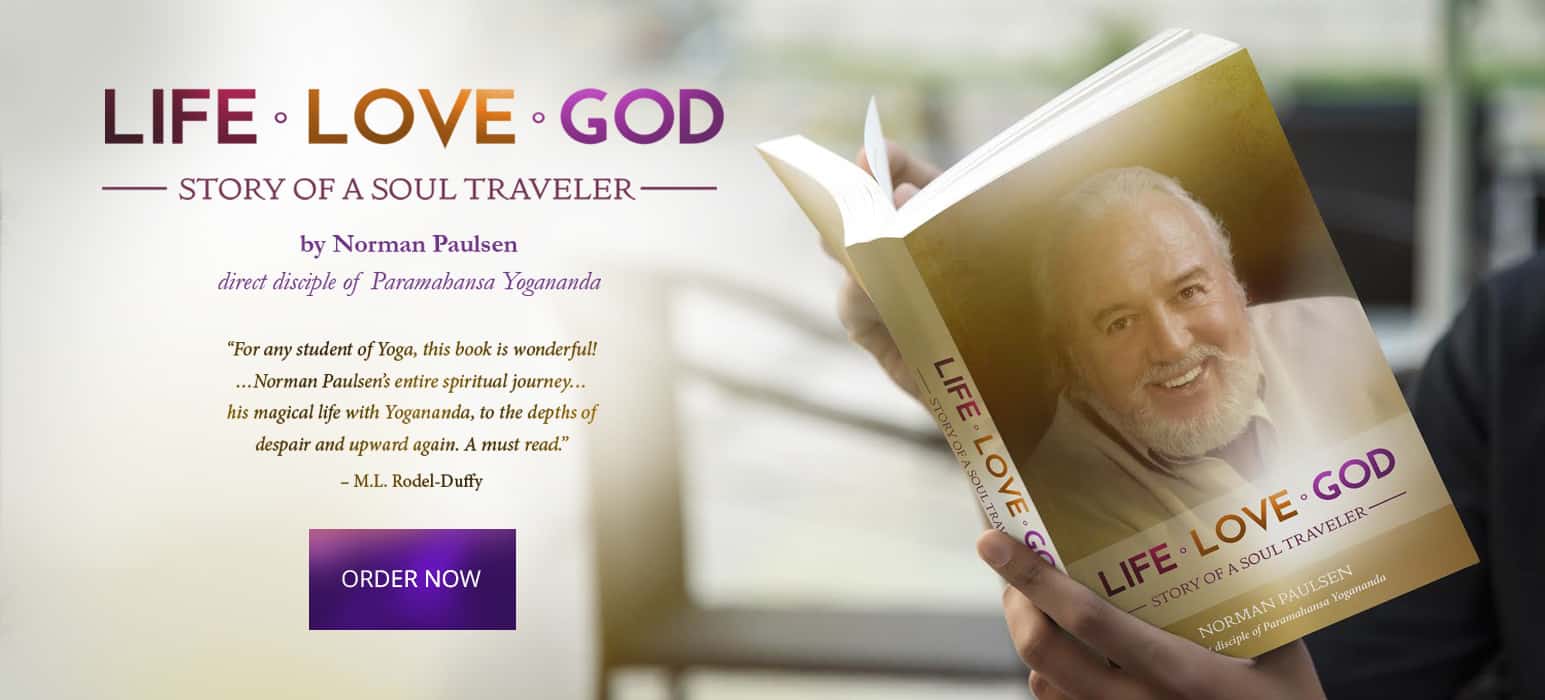
Now available! Click the image for more information.
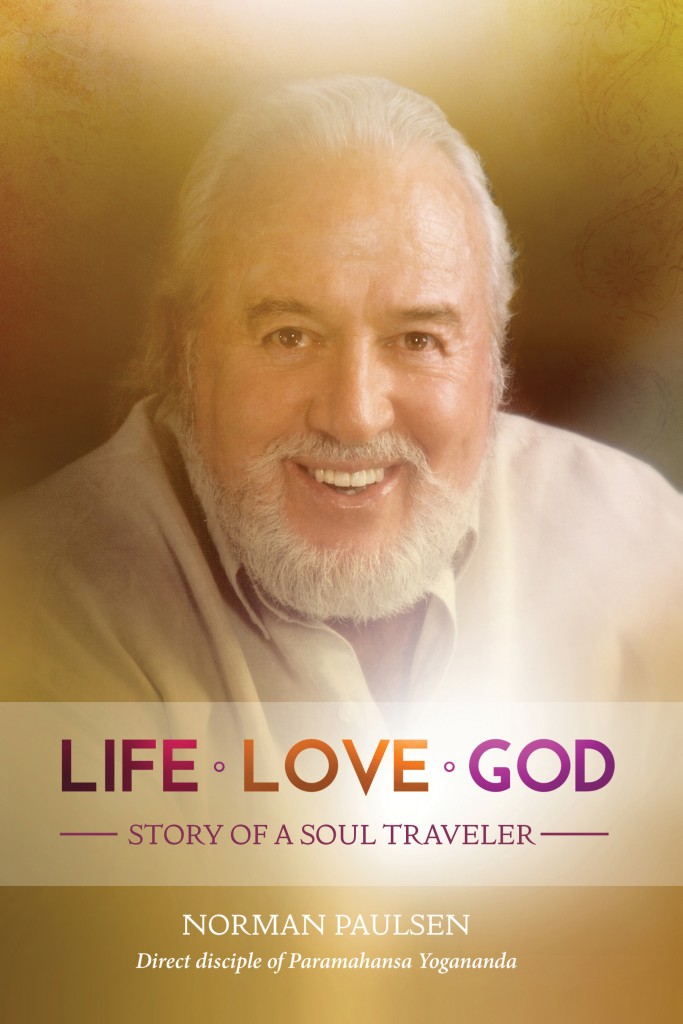

 Amidst the lush green landscape of Sunburst Sanctuary in late February, about fourteen people gathered for a silent retreat weekend. The elephant image shown is one of the group mandalas that participants enjoyed co-creating together. We also practiced walking and sitting meditations, listening to singing bowls, a grounding yoga session, and mindful eating, There was plenty of free time for rest and solitude
Amidst the lush green landscape of Sunburst Sanctuary in late February, about fourteen people gathered for a silent retreat weekend. The elephant image shown is one of the group mandalas that participants enjoyed co-creating together. We also practiced walking and sitting meditations, listening to singing bowls, a grounding yoga session, and mindful eating, There was plenty of free time for rest and solitude



 To renounce the ego is a little different than what we may think of as renunciation.
To renounce the ego is a little different than what we may think of as renunciation. 





 This practice supports a continual path of transformation and growth in my everyday life. It helps me approach ordinary activities in extraordinary ways.
This practice supports a continual path of transformation and growth in my everyday life. It helps me approach ordinary activities in extraordinary ways.


